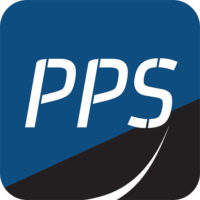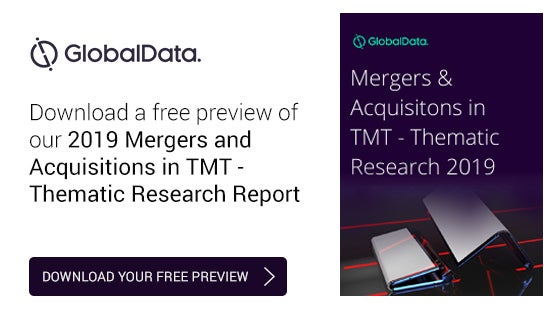AIR SUPPORT PC-Based Flight Planning Software

AIR SUPPORT specialises in the provision of PC-based flight planning software systems with integrated web-based CrewBriefing services to private and commercial business aircraft operators, regional/charter/cargo/national airlines as well as military/utility operators.
The PPS software solution is powered by Lufthansa Systems worldwide navigation data including all global route restrictions. Data services provided also include worldwide updated Notams, surface weather data, as well as wind and significant weather charts based on original source data.
Flight briefings and plans for aircraft crew
With CrewBriefing an aircraft’s crew gets instant access to the flight briefings from any place in the world within minutes after flight plan generation, resulting in direct time and money savings and increased flexibility of the operation. The crew can retrieve the flight log, weather, Notams, significant weather and wind charts, Sigmets, Snowtams and any document chosen to add. The pilots can choose to print out the complete briefing or have the briefing faxed directly from CrewBriefing.
During the weekends the on-duty officer or pilot colleague saves a long ride to the office in case of an ad-hoc flight. He will be able to generate the flight on the PPS main system from a laptop and make it available for the pilots anywhere worldwide without leaving his location. When a flight is prepared in PPS, CrewBriefing automatically adds weather, Notams and charts for the flight. These data are all updated when the briefing is printed meaning the newest possible data is available at all times. This can reduce the workload in the flight preparation phase by up to 70%.
Aeronautical data and specific aircraft management facilities / flight planning software
PPS contains all aeronautical data as well as information on the specific aircraft DOC costs with fuel price management facilities as well as automatic calculation of en-route overflight charges. This enables PPS to select the minimum production cost routing as well as the most economical flight level automatically while taking into consideration en-route winds and temperature forecast data. PPS also facilitates generation of minimum time track routings and minimum airway distance routings. A direct return of investment in PPS can thus be expected in a very short time.
Data interface and auto-dispatch solutions for airline operators
AIR SUPPORT can deliver a PPS data interface and auto-dispatch solution for scheduled airline operators and larger business aviation fleet operators which enables an automatic feed of operational data from third-party scheduling, OPS control and crew planning systems into the PPS flight planning system with automatic calculation and re-calculation of all incoming flight data.
All PPS flight planning and CrewBriefing users can subscribe to the PPS EFB data export service meaning that the CrewBriefing server system automatically transmits all relevant flight planning data directly to your EFB (electronic flight bag) solution along with briefing data / documents. The data is available in XML format as well as in pdf format.
Long-distance planning and FMS
Features such as EROPS planning with calculation of oxygen requirements and ETOPS ETP planning with critical fuel scenarios and performance drift down calculation profiles are available. Upload of flight plan and wind data from PPS to the aircraft’s on-board FMS system is also available, providing the aircraft carries an FMS Satcom subscription with Honeywell Global Data Centre or ARINC Direct.
Products and Services
Video
White Papers
Related Projects

X-57 Maxwell Aircraft

e-Go Light Sport Aircraft

Risen Ultra-Light Aircraft
Press Release
Regional Offices
Nimbusvej 9
Dk-7190 Billund
Other
Denmark












